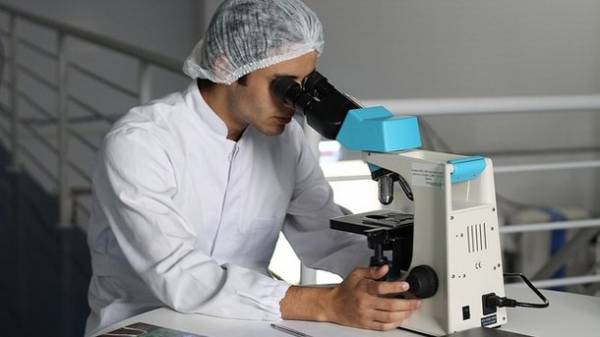
Aging in humans (and animals) can be seen as an inevitable process of wear and tear of the body or as an integral biological program by which the life expectancy of each species is more or less predefined, reports “Orthodox”.
Recent studies have shown that DNA methylation may show age-related changes. A subset of these modifications that change the method of reading and expression of DNA without altering the underlying sequence, so exactly what chronological age in humans can be predicted +/- 3.6 years from any tissue or fluid in the body. This is definitely the best biomarker of age, called epigenetic clock.
Interestingly, analysis of DNA methylation can also provide information about the biological age, which is a measure of how well your body is functioning compared to your chronological age.
For example, people suffering from nervous diseases of the liver, have a more rapid “ticking clock”, while at centenarians, they are much slower.
But how do these epigenetic clock? And is it possible to change the speed of the ticks? Researchers from the Institute of Babraham and the European bioinformatics Institute have identified epigenetic clock of aging mice.
This work, published in the journal “Genome biology”, shows that changes in DNA methylation on 329 sites in the genome predict age in mice with an accuracy of +/- 3.3 weeks. Given that people live to be 85, and mouse to 3, precision mouse and human hours (preferably 5%) is remarkably similar.
Using a mouse model, the researchers also showed that changing lifestyles that reduce life expectancy, accelerated clock. For example, the removal of the ovaries in female mice speeds up the clock, which also occurs in early menopausal women.







